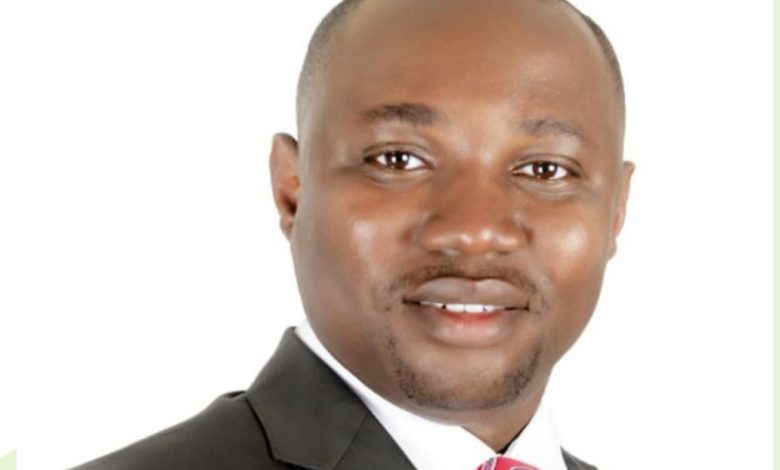
A new non-profit initiative, the Ngogbehei Cancer Center (NCC), has been launched in the United Kingdom with a bold mission to combat Nigeria’s deepening cancer crisis through prevention, education, and grassroots care.
Founded by Nigerian health advocate and technology strategist Innocent Marcel Ngogbehei, the centre, formally known as the Marcel Ngogbehei Center for Cancer Education and Care, aims to shift the country’s cancer response from curative to preventive.
“Most Nigerians battling cancer don’t know they have it until it’s too late. Our health systems aren’t built for prevention. That’s where we come in,” Ngogbehei said at the centre’s launch.
Despite being UK-registered to enhance credibility and attract global partnerships, the organisation’s work is firmly anchored in Nigeria.
“Registering in the UK opens doors, but the work is in Nigeria—in the villages, schools, churches, and marketplaces where cancer awareness is still dangerously low,” he said.
Cancer remains a leading cause of death in Nigeria. The World Health Organization (WHO) estimates over 125,000 new cases annually, with more than 70,000 deaths, largely due to late diagnosis and poor access to care.
Breast and cervical cancers are the top killers among women, yet fewer than 20 percent of Nigerian women have had a clinical breast exam, and HPV vaccination uptake remains extremely low.
In response, NCC is rolling out an innovative, community-driven model that avoids building hospitals and instead focuses on creating a movement centered on awareness and early detection.
Key initiatives include mobile cancer clinics, digital tools, education campaigns, volunteer training and support groups.
The organisation will establish a national coordination hub in Nigeria, working with local healthcare providers, civil society groups, and volunteers.
Ngogbehei said cancer in many Nigerian communities is still seen as a death sentence, a spiritual curse, or taboo, a perception NCC is determined to change.
His words: “Up to 50 percent of cancers are preventable through lifestyle changes, early detection and vaccinations. But awareness remains dangerously low.”
The centre called on healthcare professionals to join outreach and education campaigns, development partners and donors to fund the mobile clinics, survivors and advocates to share stories and reduce stigma, and policymakers to collaborate on a national-scale cancer response.
“This is not just a project. It’s a promise to make cancer prevention and care a right, not a privilege, for every Nigerian,” Ngogbehei said.
